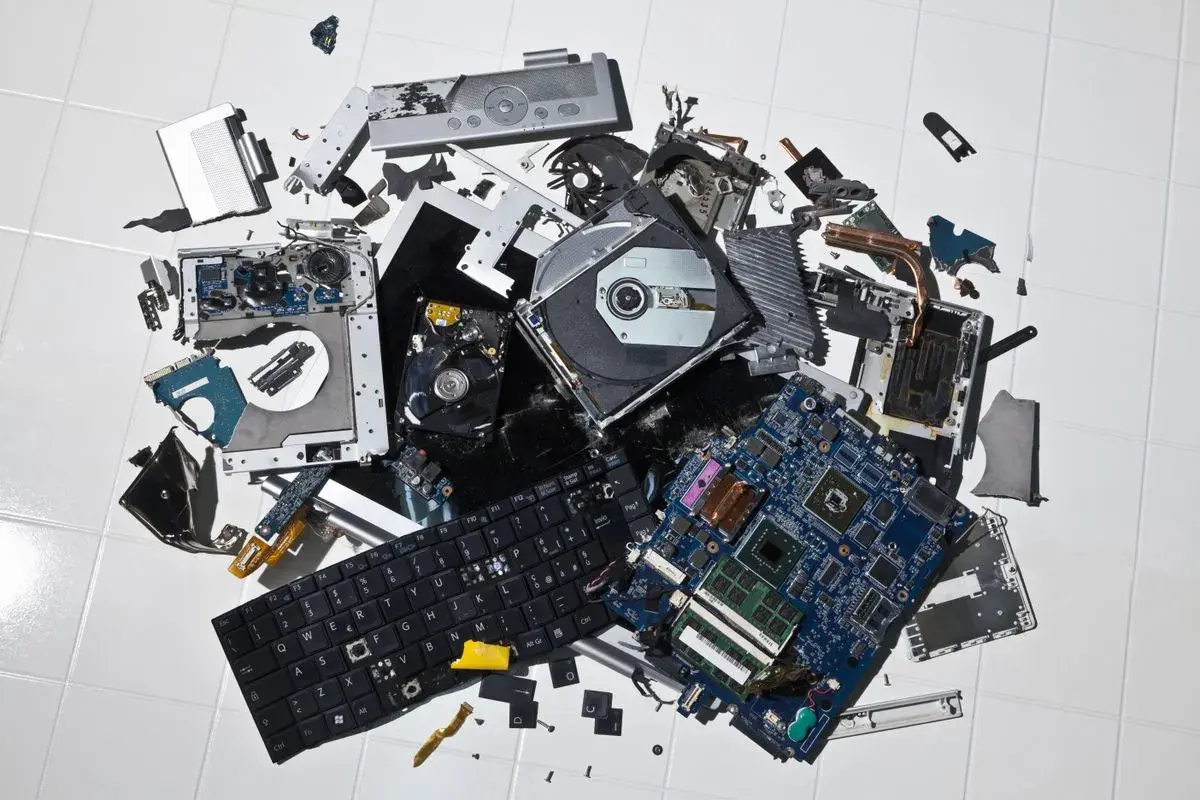Analysts have warned Windows 10 end of life plans could spark a global torrent of e-waste, with millions of devices expected to be scrapped in the coming years.
Research from Canalys shows that up to 240 million PCs globally could be terminated as a result of the shift over to Windows 11, raising critical questions about device refreshes and the responsibility of vendors to extend life cycles.



I have a old gaming laptop that is not supported.
Intel i7-7820HK, 4cores 8 threads 2.9Ghz.
Released in 2017.
That’s not old-arse as far as I’m concerned, and I don’t see the need for an upgrade. I’m going to install Linux on this PC because I have the know-how and desire to check out how electron fares. But I can see how that is not an option for everyone.
I’ll be forced to switch to linux when 10 reaches end of life, but I’m genuinely not looking forward to it.
I’ve tried it before and given up after hours of hair pulling. Not linux’s fault necessarily. Often driver issues.
That’s the thing a lot of fanboys forget. They often install linux on hardware they handpicked to be compatible on a pc they assembled themselves. Most casual users are upgrading an existing non-self assembled system, which may or may not be compatible, and contain parts that don’t have good driver support. Eg. a cheap realtek card that was never sold to consumers directly, meaning it would only be installed in windows systems.
Drivers for new/cutting edge hardware will often lag behind for linux. Installing on hardware that is a few years old will generally be a breeze if you choose one of the big name distros. I personally use Linux Mint for the “it just works” ease.
The folks pretending that the EoL date for W10 is appropriate, are the new computer every two years and throw the old one out crew.